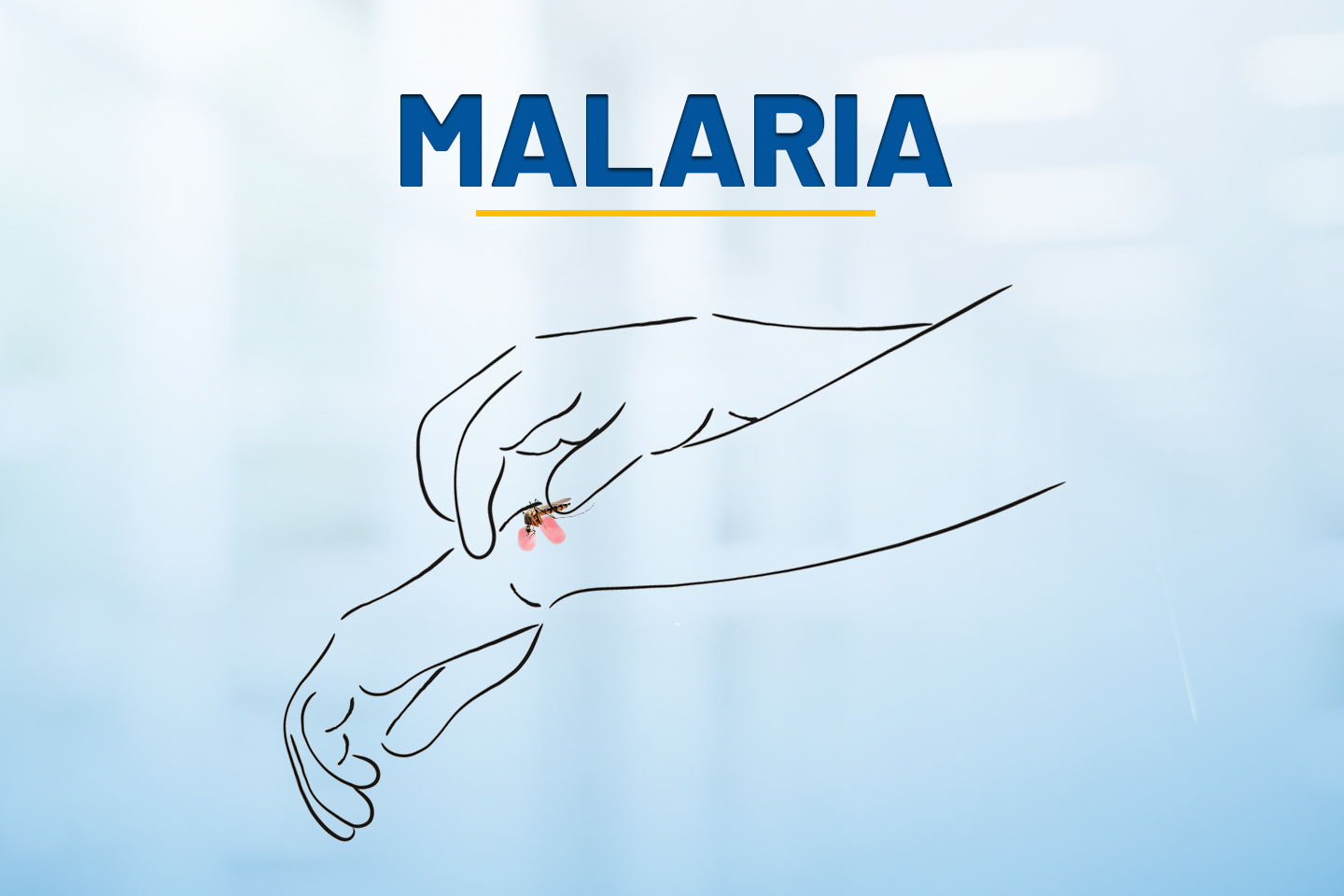Medical Devices
Malaria: Causes, Symptoms, Diagnosis, and Treatment

Malaria remains a significant health concern in many parts of the world, including India. Malaria is one of those sneaky diseases that can start with a small, itchy bump and escalate into something much more serious. According to the World Health Organization, malaria caused an estimated 249 million cases and 608,000 deaths worldwide in 2022[1]. Understanding what malaria is, how it spreads, and how to tackle it can make a huge difference in keeping you and your family safe. Read on to learn more about this deadly disease.
Overview of Malaria Transmission[2]
Malaria transmission occurs through the bite of an infected female Anopheles mosquito. When a mosquito bites an infected person, it ingests the parasites, which then mature and multiply within the mosquito. When this mosquito bites another person, the parasites are transmitted, leading to infection. This cycle continues, perpetuating the spread of malaria.
Causes of Malaria[3]
Several factors contribute to the spread of malaria. These include environmental conditions such as warm temperatures and stagnant water, which provide ideal breeding grounds for mosquitoes. Additionally, human factors such as inadequate healthcare infrastructure and lack of awareness about preventive measures also play a role in the persistence of malaria.
Symptoms of Malaria[4]
The incubation period of malaria typically ranges from 7 to 30 days after the mosquito bite. The initial symptoms of malaria can be nonspecific and include fever, chills, headache, muscle aches, and fatigue. These symptoms can easily be mistaken for other illnesses, making early diagnosis challenging.
As the disease progresses, more specific symptoms may appear. These include high fever, sweating, nausea, vomiting, and diarrhea. In severe cases, malaria can lead to complications such as anemia, respiratory distress, and organ failure. It is essential to seek medical attention promptly if malaria is suspected, as severe malaria can be life-threatening.
Diagnosis of Malaria[5]
The gold standard for diagnosing malaria is the microscopic examination of blood smears. This involves staining a blood sample and examining it under a microscope to detect the presence of Plasmodium parasites.
In addition to microscopy, rapid diagnostic tests (RDTs) are commonly used to detect malaria antigens. These tests are quick and easy to perform, making them ideal for use in areas with limited laboratory facilities. Molecular tests, such as polymerase chain reaction (PCR), can also be used to detect parasite DNA, especially in cases where microscopy is inconclusive.
Treatment of Malaria[6]
The treatment of malaria depends on several factors, including the Plasmodium species, the severity of the disease, and patient factors such as age and pregnancy. Antimalarial medications are used to kill the parasites and alleviate symptoms. It is essential to complete the full course of treatment to prevent recurrence and the development of drug resistance.
In cases of severe malaria, hospitalisation and supportive care are often necessary. This may include intravenous medications, fluid replacement, and monitoring of vital signs. Early intervention and appropriate treatment are critical in managing severe malaria and preventing complications.
Preventive Measures for Malaria[6]
- Use insect repellent on exposed skin to deter mosquito bites.
- Wear long-sleeved tops and long pants to minimise skin exposure.
- Sleep under mosquito nets to prevent mosquito bites during sleep.
- Install screens on windows and doors to keep mosquitoes out of living spaces.
- Eliminate mosquito breeding sites by draining stagnant water around homes.
- Spray insecticides in areas where mosquitoes breed to reduce their population.
- Implement community health education programs to raise awareness about malaria prevention.
How to Effectively Manage Malaria at Home?
For individuals diagnosed with malaria, managing the illness at home involves several key steps:
- Ensure adequate hydration and nutrition to support the body’s recovery.
- Take medications as prescribed by your healthcare provider to ensure effective treatment.
- Rest and avoid strenuous activities in order to allow the body to heal.
- Seek medical attention if your symptoms worsen or new ones appear.
MERISCREEN Malaria Diagnostic Kits by Meril
MERISCREEN Malaria Pf/Pan Ag: This kit facilitates the detection of Plasmodium falciparum-specific antigens (HRP2) and pan-plasmodium antigens (pLDH) using an in-vitro immunochromatographic method. Designed to detect infections in both hepatic and erythrocytic stages, it requires only 5µL of whole blood and differentiates results for P. falciparum from other species like P. vivax, P. malariae, and P. ovale within 20 to 30 minutes.
MERISCREEN Malaria Pf/Pv Ag: Tailored for detecting malaria infections caused by Plasmodium falciparum and Plasmodium vivax, this rapid test kit utilises HRP II and pLDH enzymes to ensure quick diagnosis during the erythrocytic phase of infection. Results are delivered in 20 to 30 minutes, enhancing the speed and effectiveness of malaria management in clinical settings.
Conclusion
Malaria is a serious disease that requires prompt attention and effective management. Understanding its causes, symptoms, diagnosis, and treatment is essential for combating its spread. By adopting preventive measures and seeking timely medical care, we can reduce the impact of malaria on individuals and communities. Staying informed and proactive is key to protecting yourself and your loved ones from this potentially life-threatening disease.
Reference Links:
[1] https://www.who.int/news-room/fact-sheets/detail/malaria
[2] https://www.health.ny.gov/diseases/communicable/malaria/fact_sheet.htm#:~:text=Malaria%20is%20spread%20by%20the,a%20mosquito%20that%20bites%20them.
[3] https://www.ncbi.nlm.nih.gov/pmc/articles/PMC8724997/#:~:text=It%20is%20primarily%20distributed%20in,parasite%2Dcarrying%20mosquito%20vector%20breeds.&text=Human%20malaria%20is%20caused%20by,malaria%20are%20Plasmodium%20falciparum%20(P.
[4]https://stanfordhealthcare.org/medical-conditions/primary-care/malaria/symptoms.html
[5]https://www.cdc.gov/malaria/hcp/diagnosis-testing/malaria-diagnostic-tests.html#:~:text=Microscopic%20examination%20of%20blood%20films,species%20to%20ensure%20proper%20treatment.
[6]https://my.clevelandclinic.org/health/diseases/15014-malaria#management-and-treatment
https://www.mayoclinic.org/diseases-conditions/malaria/diagnosis-treatment/drc-20351190





